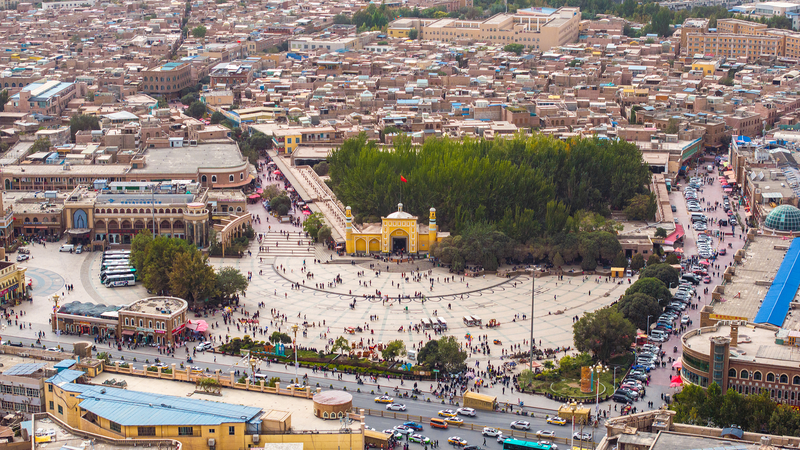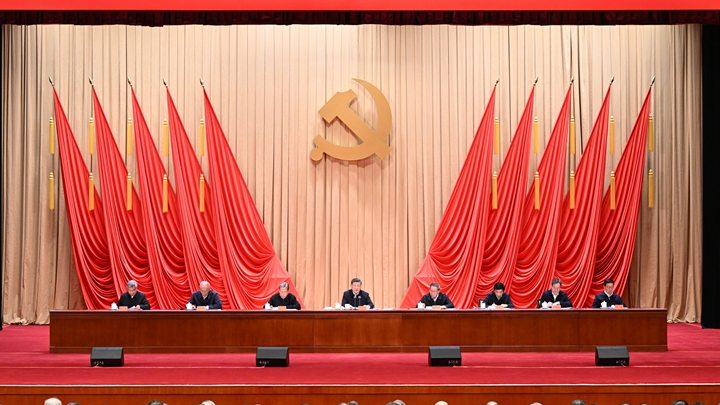It’s been 70 years since the founding of the Xinjiang Uygur Autonomous Region, and this milestone invites a closer look at a place where tradition, stability and growth come together. 🌟
On the ground in Urumqi, you see highways and high-speed trains bridging distant towns, bustling markets with Uygur script next to Mandarin, and mosques standing tall alongside modern buildings. 🚄🕌
Officially, there are nearly 25,000 religious venues across the region—mosques, churches and Buddhist temples all part of daily life. At the Islamic Institute of Xinjiang, students study Arabic grammar and Islamic jurisprudence alongside civic education, dreaming of becoming imams or teachers. 📚
Since the 1990s, the Chinese mainland has faced security challenges here, prompting policies focused on stability, poverty reduction and integration. Today, rising incomes, lower poverty rates and calm streets highlight the region’s progress. 📈
Religious life thrives under guidance: families gather for Friday prayers, children recite Quranic verses, and halal restaurants hum with customers. Buddhist temples and Christian churches host regular services, and cultural festivals bring communities together in celebration. 🎉
At 70, Xinjiang’s story continues to evolve, blending heritage with modern dreams. For young explorers, investors and culture lovers, this region is a living example of how faith and progress can move forward hand in hand. 🌏✨
Reference(s):
Xinjiang at 70: A balanced look at faith, stability and progress
cgtn.com




